Programme Outcomes
PROGRAM OUTCOME (PO)
PO-1: Scientific knowledge: Graduates will acquire biochemistry/biotechnology / bioinformatics/ microbiology specific knowledge including recent techniques in the respective fields coupled with hands-on skills and leadership skills for a successful career.
PO-2: Problem analysis: Graduates will be able to analyse, solve and troubleshoot problems in implementation of biochemistry/biotechnology/ microbiological protocols.
PO-3: Design/development of solutions: Graduates will develop creative thinking and cooperate with each other to solve problems in the field of biochemistry/biotechnology/bioinformatics/ microbiology.
PO-4: Conduct investigations of complex problems: Graduates will acquire practical skills – which help in planning and designing protocols to validate hypothesis and execute experimental techniques independently as well as assimilate, analyse and interpret subsequent data.
PO-5: Modern tool usage and communication: Graduates will effectively be able to manage resources and time using ICT and computer enabled devices and accomplish ability to understand and communicate all ideas effectively.
PO-6: Environment sustainability and Ethics: Graduates will get adequate knowledge to use information and implement solutions for environmental protection and remediation. Graduates will be aware of their role and responsibility in handling and use of microbes including genetically modified microorganisms.
PO-7: Lifelong learning: Graduates will carry on to learn and adapt in a world of constantly evolving technology.
PO-1: Scientific knowledge: Graduates will acquire biochemistry/biotechnology / bioinformatics/ microbiology specific knowledge including recent techniques in the respective fields coupled with hands-on skills and leadership skills for a successful career.
PO-2: Problem analysis: Graduates will be able to analyse, solve and troubleshoot problems in implementation of biochemistry/biotechnology/ microbiological protocols.
PO-3: Design/development of solutions: Graduates will develop creative thinking and cooperate with each other to solve problems in the field of biochemistry/biotechnology/bioinformatics/ microbiology.
PO-4: Conduct investigations of complex problems: Graduates will acquire practical skills – which help in planning and designing protocols to validate hypothesis and execute experimental techniques independently as well as assimilate, analyse and interpret subsequent data.
PO-5: Modern tool usage and communication: Graduates will effectively be able to manage resources and time using ICT and computer enabled devices and accomplish ability to understand and communicate all ideas effectively.
PO-6: Environment sustainability and Ethics: Graduates will get adequate knowledge to use information and implement solutions for environmental protection and remediation. Graduates will be aware of their role and responsibility in handling and use of microbes including genetically modified microorganisms.
PO-7: Lifelong learning: Graduates will carry on to learn and adapt in a world of constantly evolving technology.
Curriculum & Syllabus
CURRICULUM & SYLLABUS
MINIMUM CREDITS TO BE EARNED: 140
| Hours/Wee | Maximum Marks | |||||||
|---|---|---|---|---|---|---|---|---|
| Code No. | Course | Lecture | Tutorial | Practical | Credits | CA | SEE | Total |
| SEMESTER 1 | ||||||||
| LANG | Tamil I/ Hindi / French | 3 | 0 | 0 | 3 | 40 | 60 | 100 |
| ENG | English I | 3 | 0 | 0 | 3 | 40 | 60 | 100 |
| CORE1 | Fundamentals of Cell Biology | 3 | 1 | 0 | 4 | 40 | 60 | 100 |
| CORE2 | Genetics and Developmental Biology | 3 | 1 | 0 | 4 | 40 | 60 | 100 |
| CORE3 | Biochemistry | 4 | 0 | 0 | 4 | 40 | 60 | 100 |
| CORE | Practical 1 : Cell Biology, Genetics Developmental Biology Practica | 0 | 0 | 4 | 2 | 40 | 60 | 100 |
| CORE | Practical 2 : Biochemistry Practical | 0 | 0 | 4 | 2 | 40 | 60 | 100 |
| AECC | Communication Skills | 1 | 0 | 2 | 2 | 40 | 60 | 100 |
| SEC | Orientation/Induction programme / Life skills | - | - | - | - | - | - | - |
| 17 | 2 | 10 | 24 |
Eligibility Criteria
| Program | Eligibility | Criteria for Merit |
|---|---|---|
| B.E. Electronics and Communication Engineering | Lateral Entry : The Candidate who passes the Diploma in Engineering / Technology awarded by the concerned State Board of Technical Education or its equivalent are eligible to apply for Lateral Entry admission to the third semester of B.E., / B.Tech. in the branch corresponding to the branch of study. | Merit Based on Vels Entrance Examination Score and Merit Based on Percentage of marks secured in the qualifying examination. |
Career Prospects
CAREER PROSPECTS
-
Quality controller
-
Medical Scientist
-
Clinical Technician
-
Microbiologist
-
Process Development Scientist
-
Biopharma Sales Representative
-
Biotechnological Technician
-
Epidemiologist
-
Microbiologist
-
Medical and Clinical Lab Technologist
-
Biomanufacturing Specialist
-
Bioproduction Specialist
-
Medical Coder
-
Environmental Technician
Alumni Testimonials

Department of Biotechnology, VISTAS provides state-of-the-art infrastructure and facilities. The professors are highly qualified, knowledgeable, and friendly. The course curriculum is relevant and offers site visits. Most importantly, the annual events organized by the college are awesome and witness huge crowds. The university conducts various extracurricular activities throughout the year. I thoroughly enjoyed my student life while pursuing my Bachelors program at VISTAS (Deemed-to-be University).
Ms. Dr. M.Srimathi (B.Sc. Biotechnology), 2016-2019
Junior Microbiologist @ Eupro Biotech private Limited, Chennai
Fee Structure
| Tuition Fee 2024 - 2025 (Per Sem) | Other Fee (Per Sem) | Total Fee 2024 - 2025 (Per Sem) |
|---|---|---|
| 90,000 | 10,000 | 1,00,000 |
Faculty of the Department
| Sl. No. | Name of the Faculty | Designation | Educational Qualification | Area of Specialization | Experience in Years | Vidwan ID | Photos |
|---|---|---|---|---|---|---|---|
| 1 | Dr. V. Rajendran | Professor & Director | M.Tech., Ph.D | Systems and Signals, Underwater Electronics, Marine Instrumentation, Underwater signal processing, Ocean Acoustics, Wireless Network & Data Science and Analytics | 37 Years | 290838 | 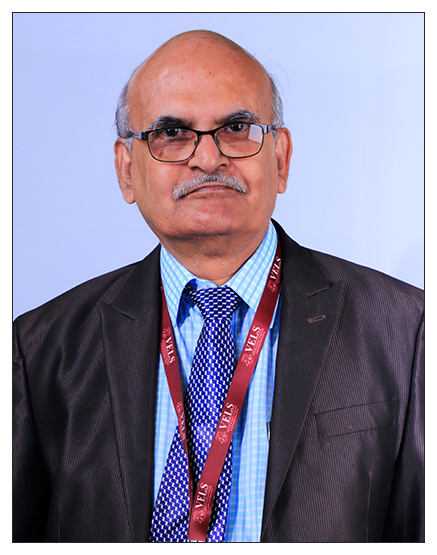 |
| 2 | Dr. Jerritta.S | Professor & HoD | M.E., Ph.D | Psychophysiology, Biomedical Signal and Image Processing, Time Frequency Analysis of time series, Artificial Intelligence & Machine Learning | 17.5 Years | 173520 | 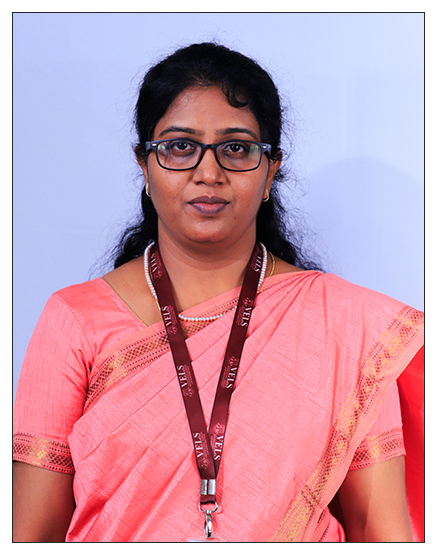 |
| 3 | Dr. Vijayalakshmi.P | Associate Professor | M.E., Ph.D | Underwater Communication and Networking, Machine Learning | 17 Years | 232580 | 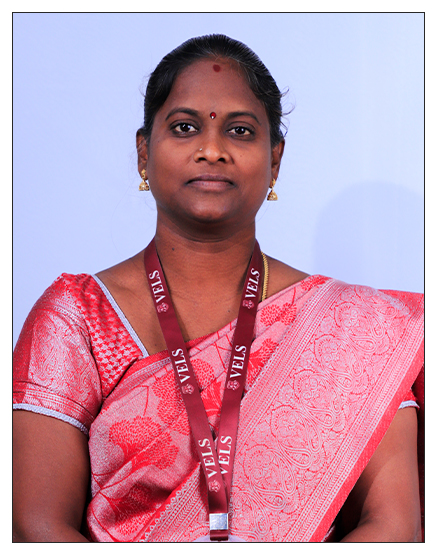 |
| 4 | Dr. M. Meena | Associate Professor | M.E., Ph.D | Wireless Networks - Cognitive radio | 13 Years | 232479 | 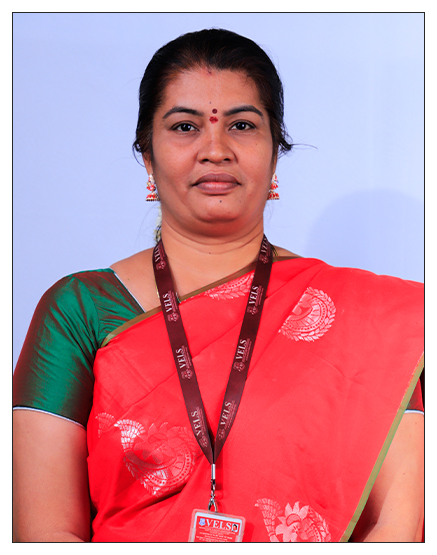 |
| 5 | Dr. G.R. Jothilakshmi | Professor | M.E., Ph.D | Medical Image Processing | 25 Years | 232524 | 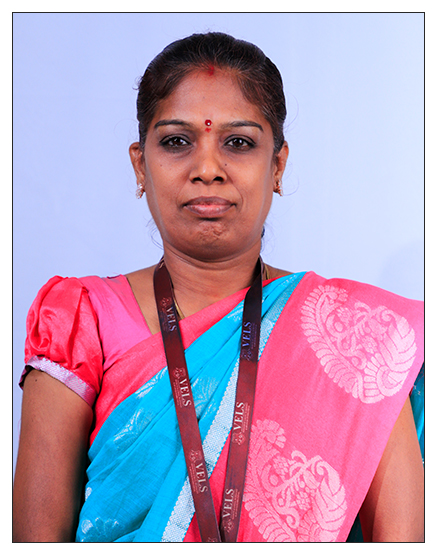 |
| 6 | Dr. T. Jaya | Associate Professor | M.E.,Ph.D | Wireless Networking, Underwater Communication | 12 Years | 290166 | 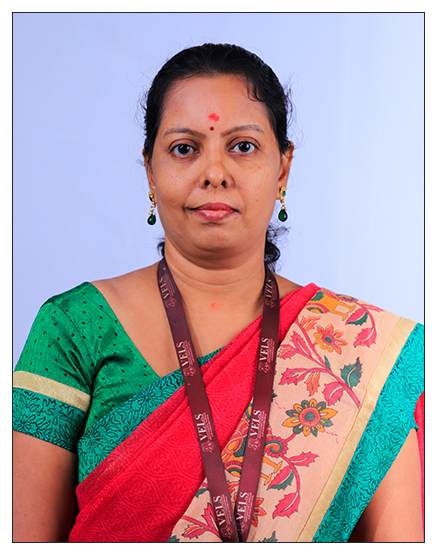 |
| 7 | Dr. Arul Stephen.C | Assistant Professor | M.E., Ph.D | Wireless Sensor Networks and Communication | 10 Years | 250052 | 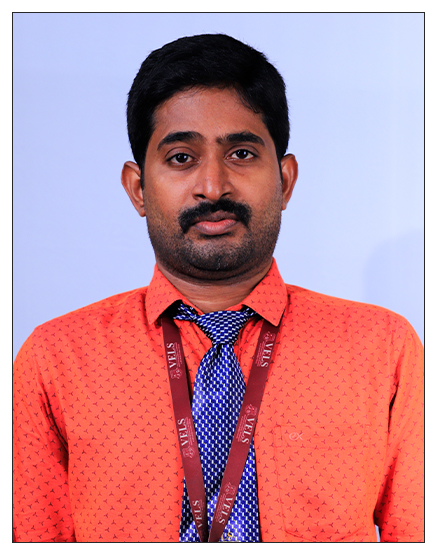 |
| 8 | Dr. M. Monisha | Assistant Professor | M.E., Ph.D | Digital Communication, Wireless Networks & Cognitive Radio Networks | 8 Years | 232464 | 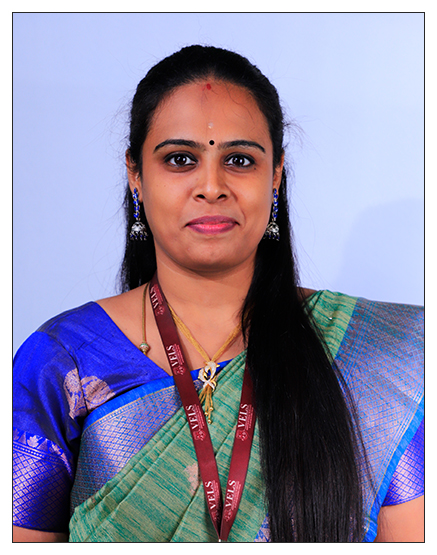 |
| 9 | Dr. Kumudham. R | Associate Professor | M.E., Ph.D | Image Processing and Electromagnetics | 9.6 Years | 173380 | 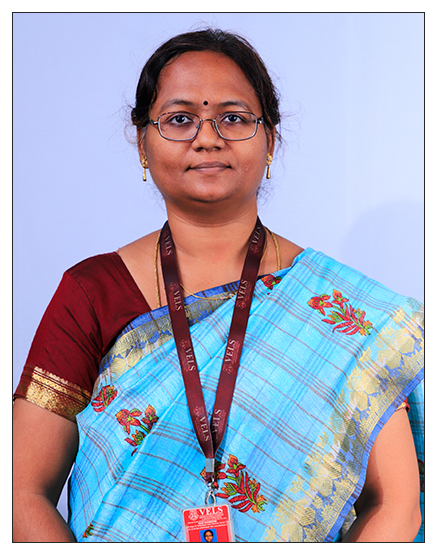 |
| 10 | Dr. C. Sharanya | Assistant Professor | M.E., Ph.D | Digital Electronics, Wireless Networks & Cognitive Radio Networks | 8.5 Years | 232683 | 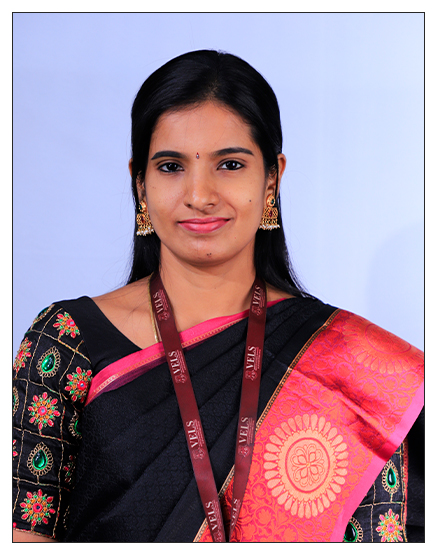 |
| 11 | Dr. A. Vijayalakshmi | Professor | M.E., Ph.D | Wireless Sensor Networks, Deep learning, Data Analysis and Secured Communication, IoT and Embedded Systems | 21 Years | 232640 | 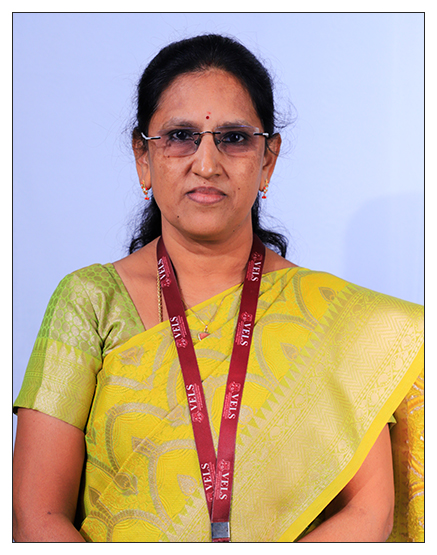 |
| 12 | Mr. J.Antony Veera Puthira Raja | Assistant Professor | M.E., MBA, (Ph.D) | Wireless Network & Data Science and Analytics | 10 | 497452 | 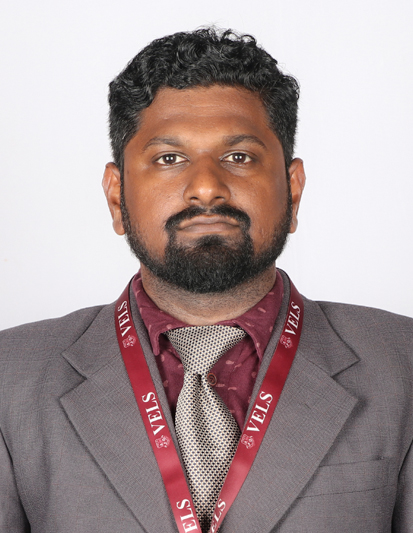 |
| 13 | Dr. Madona B Sahaai | Assistant Professor | M.Tech., Ph.D | Medical Image Processing | 4 | 250933 | 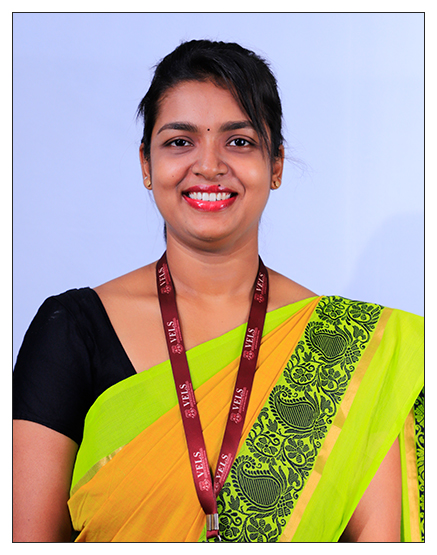 |
 CHAT WITH A STUDENT
CHAT WITH A STUDENT